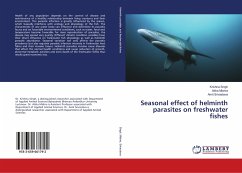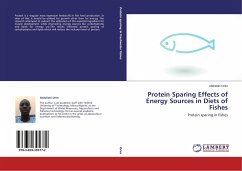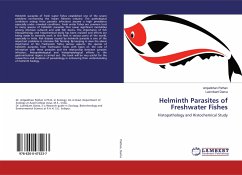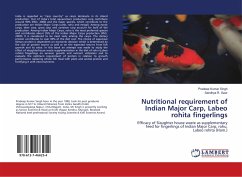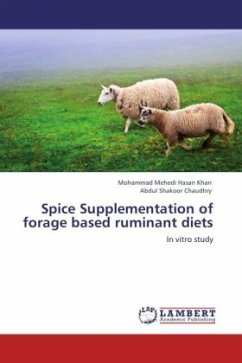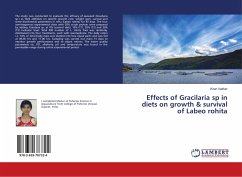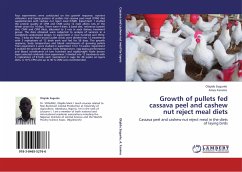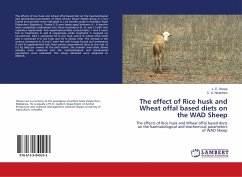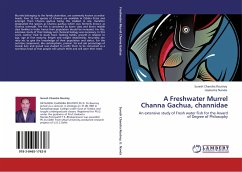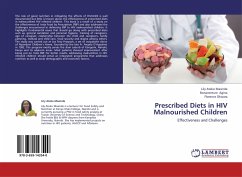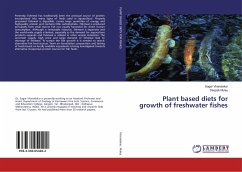
Plant based diets for growth of freshwater fishes
Versandkostenfrei!
Versandfertig in 6-10 Tagen
43,99 €
inkl. MwSt.

PAYBACK Punkte
22 °P sammeln!
Presently, fishmeal has traditionally been the principal source of protein incorporated into many types of feeds used in aquaculture. Properly processed fishmeal is digestible, carries large quantities of energy and highquality protein and contains little carbohydrate. Fishmeal is produced principally from small marine fish not usually harvested for direct human consumption. Although a renewable resource, fishmeal is expensive and the world-wide supply is limited, especially as the demand for aquaculture products expands and fishmeal is utilized in other animal industries. The uncertain supply...
Presently, fishmeal has traditionally been the principal source of protein incorporated into many types of feeds used in aquaculture. Properly processed fishmeal is digestible, carries large quantities of energy and highquality protein and contains little carbohydrate. Fishmeal is produced principally from small marine fish not usually harvested for direct human consumption. Although a renewable resource, fishmeal is expensive and the world-wide supply is limited, especially as the demand for aquaculture products expands and fishmeal is utilized in other animal industries. The uncertain supply, high price and large demand of fishmeal lead to shortage of fishmeal. To sustain the fish growth it is needed to search alternative fish feed sources. Work on formulation, preparation and testing of feeds based on locally available ingredients is being investigated towards alternative inexpensive protein sources for fish feeds.



